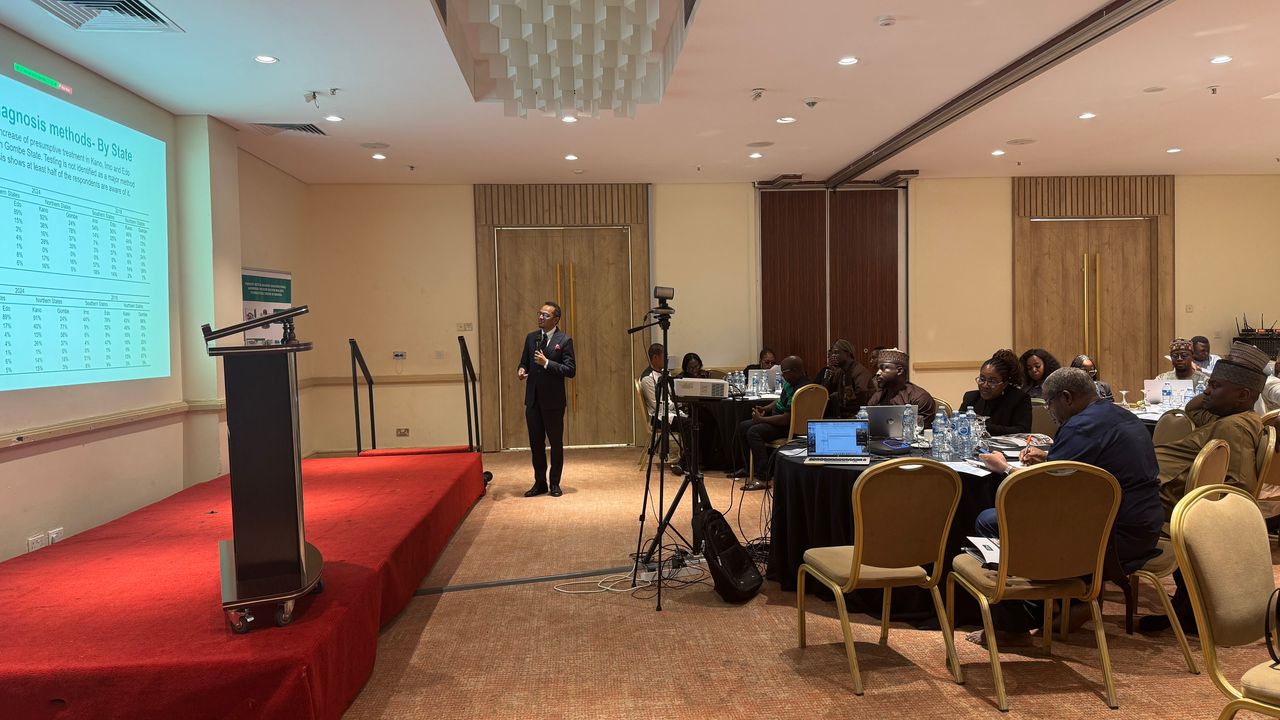
Nigeria remains a global malaria hotspot, with annual cases rising from 48.4 million in 2017 to 68.1 million in 2024, according to the World Malaria Report. The 2021 Nigeria Malaria Indicator Survey (NMIS) showed that 55 percent of patients sought treatment from the private sector, highlighting the critical role of diverse healthcare providers. Malaria Consortium has been working closely with the National Malaria Elimination Programme to strengthen health systems and deliver key malaria interventions, including through private sector engagement.
As a technical partner to Malaria Consortium, Innovision Consulting carried out the Nigeria Case Management Market Analysis in 2018 to better understand the role of private providers. The study revealed important trends, such as the increasing availability of Artemisinin-based Combination Therapies (ACTs) through Proprietary and Patent Medicine Vendors (PPMVs) and a shrinking price gap between donor-subsidized and commercially sold ACTs. It also identified ongoing challenges like misalignment between public and private sector strategies, the circulation of counterfeit drugs, and limited local production.

Building on this foundation, Innovision conducted a follow-up Private Sector Market Analysis in 2024, again in partnership with Malaria Consortium. This latest study examined how the market for ACTs and Rapid Diagnostic Tests (RDTs) had changed over six years, particularly considering Nigeria’s shift to a more market-driven distribution model since 2018. The research explored changes in awareness, access, and usage of ACTs and RDTs, the rise in demand for locally manufactured brands, improvements in distribution, and how supportive the regulatory environment has become for private sector participation.
On 28 April 2025, Innovision presented the findings of the 2024 study to Nigerian health officials and development partners. The results showed strong progress. ACTs are now widely available in both urban and rural areas, reaching even low-income households through commercial channels without relying on donor subsidies. This outcome validates earlier predictions that with the right approach, a decade of subsidies could give way to a self-sustaining market-driven system.
Still, despite better access to treatment, Nigeria’s malaria burden remains high. Md. Rubaiyath Sarwar, Managing Director and Lead Consultant at Innovision, stressed the need for data-driven strategies to ensure continued access to essential health commodities. He also pointed out that the persistent high prevalence calls for more integrated efforts across prevention, diagnosis, and treatment.